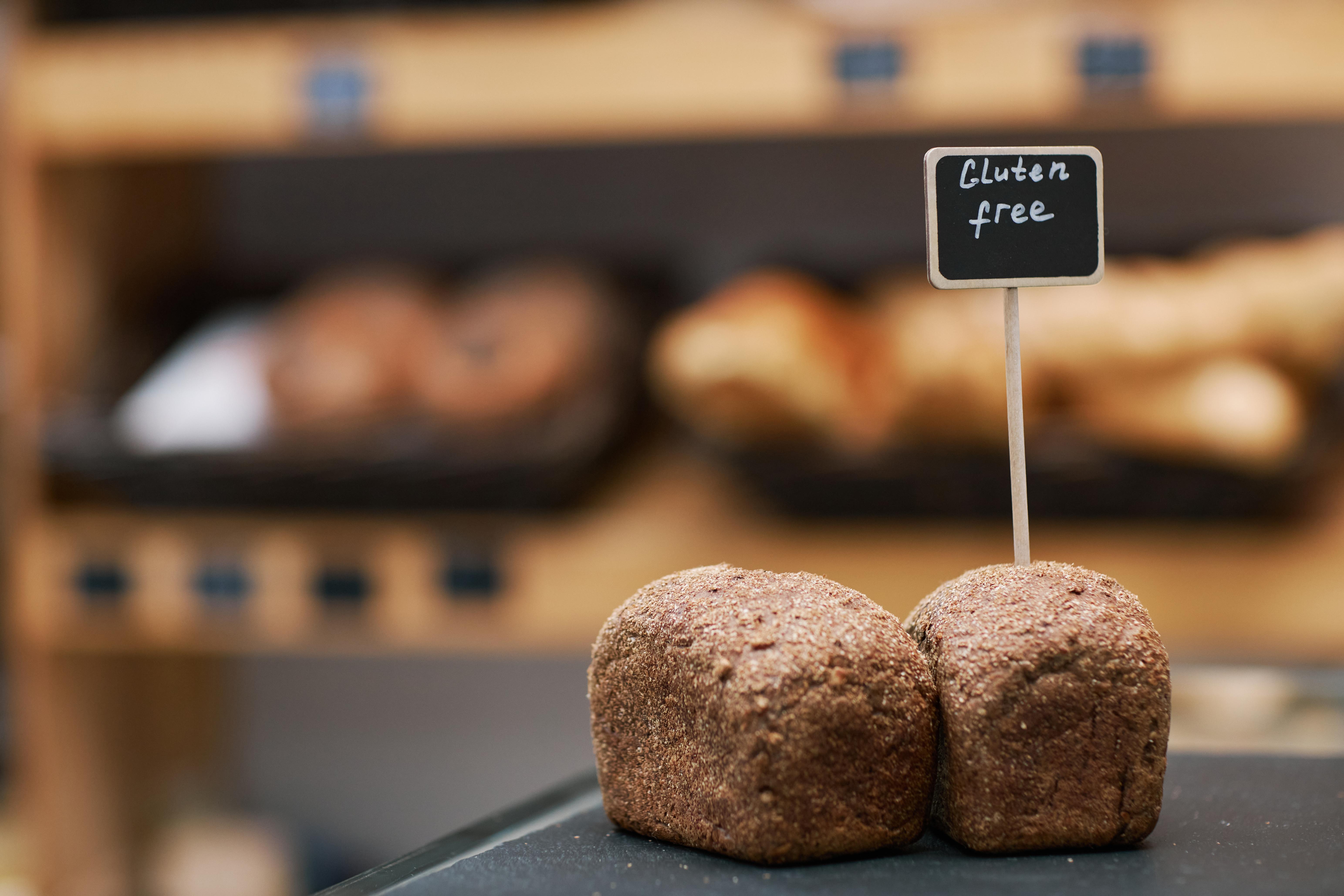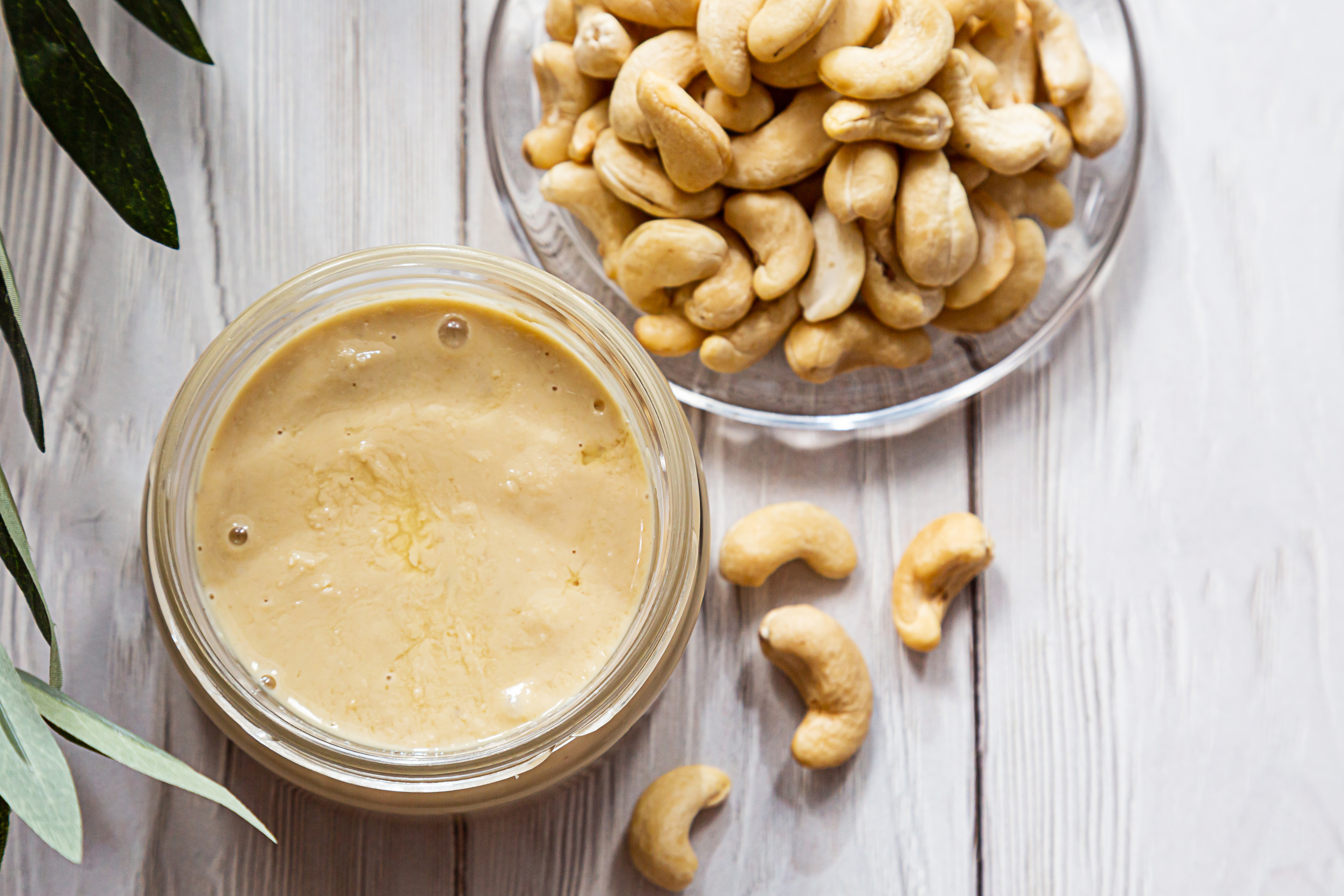Surprising Foods To Avoid If You Have High Cholesterol
25. Gluten-Free Processed Foods: The Unexpected Pitfall

Many people assume that gluten-free foods are automatically healthier, but when it comes to cholesterol, processed gluten-free products can be just as harmful as their conventional counterparts. Many gluten-free breads, crackers, cookies, and baked goods replace wheat flour with refined starches like white rice flour, tapioca starch, and potato starch. To make up for the lack of gluten, manufacturers often add more fats, sugars, and artificial thickeners to improve the texture and flavor of gluten-free products. If you follow a gluten-free diet, focus on whole, unprocessed foods like quinoa, brown rice, millet, and buckwheat, which provide fiber, protein, and essential nutrients without the cholesterol-raising additives. When choosing packaged gluten-free products, read labels carefully and opt for those made with whole grains, nuts, and seeds rather than refined starches.
26. Nut Butters (the Wrong Kind): Sneaky Saturated Fat Traps

Nut butters like peanut, almond, and cashew butter are often considered pantry staples for anyone pursuing a healthy lifestyle. They're packed with plant-based protein, fiber, and heart-healthy fats—at least, they can be. The trouble begins when you pick the wrong kind. Many commercial nut butters are formulated for shelf stability and smooth texture, which means manufacturers often add palm oil, hydrogenated vegetable oils, or even sugar. Natural nut butters may separate in the jar, requiring a stir before use, but that’s a small trade-off for a product that supports your heart rather than sabotaging it. If you’re buying flavored versions—like chocolate peanut butter or honey almond—be extra cautious, as these often come loaded with hidden sugars and fats that counteract the natural benefits of nuts.
